MercoPress. South Atlantic News Agency
Stories for November 2011
-
Friday, November 4th 2011 - 00:40 UTC
After fifty years Cubans can buy and sell houses
Cubans will be able to buy and sell houses for the first time in more than five decades in a long-awaited reform that legalizes what many have done for years but also restricts how much property they can own, state-run press said on Thursday.
-
Friday, November 4th 2011 - 00:38 UTC
Spain’s PP wants a return to ‘bilateralism’ in dealing with the Gibraltar dispute
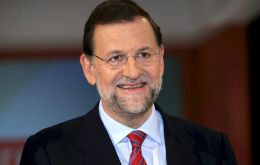
Gibraltar could be heading for stormy days if as opinion polls indicate Spain’s Partido Popular sweeps into power and has plans to resuscitate the ‘bilateral’ Brussels process by opposition to the current ‘trilateral’ talks.
-
Friday, November 4th 2011 - 00:32 UTC
Gibraltar will be holding a general election December 8
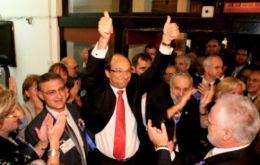
The governor of Gibraltar dissolved parliament on Thursday and called a general election in the contested British territory for December 8. The event will take place almost three weeks after Spain’s general election November 20 when the Conservatives are expected to sweep into office.
-
Friday, November 4th 2011 - 00:19 UTC
Buenos Aires think-tank says recession probability in Argentina has reached 70%
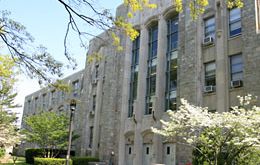
An Argentine think tank, the Centre of Financial Research, CIF, from the Torcuato Di Tella University School of Business in its latest release shows that Argentina’s probability of entering a recession reached 70%.
-
Friday, November 4th 2011 - 00:14 UTC
If Greece leaves the Euro, it must also quit the EU, warns Brussels
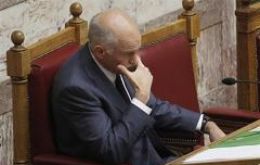
If Greece decided to leave the Euro, it would also have to quit the European Union, according to the terms of the EU treaties, the European Commission said on Thursday.
-
Friday, November 4th 2011 - 00:11 UTC
Obama asked to declassify documents on children’s disappearance in Argentina
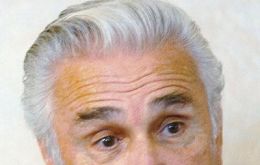
US Democratic congressman Maurice Hinchey sent a letter to President Obama requesting the declassification of several US intelligence documents, held by the Pentagon, the FBI and the CIA, that contain information related to human rights abuses, specifically the disappearance of children during Argentina's last military regime, which ruled in the country from 1976 to 1983.
-
Thursday, November 3rd 2011 - 23:51 UTC
Obama tells Sarkozy: “we all need to learn lessons from CFK re-election”
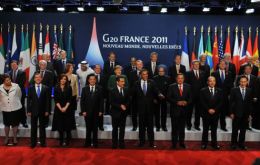
President Barack Obama recommended his French counterpart, Nicolas Sarkozy to follow the example set by Argentine President Cristina Fernández, who was re-elected in a landslide win just ten days ago.
-
Thursday, November 3rd 2011 - 15:01 UTC
Human Rights Commission denounces Chilean Carabineros for ‘disproportionate use of force’

The Inter-American Commission on Human Rights (IACHR) has denounced Chile’s Carabineros over the “disproportionate” repression of student protesters, which in some cases it described as “incompatible” with a functioning democracy.
-
Thursday, November 3rd 2011 - 14:57 UTC
Argentine president calls for an end to anarchy and a return to “real capitalism”
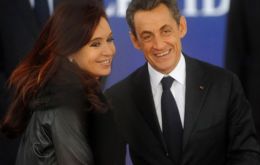
During Thursday’s meetings of the Group of 20 in Cannes, Argentine President Cristina Fernández for G20 leaders to put a stop to the current “anarchistic economic capitalism” and regulate the markets, not the countries, to go back to what she referred to as “real capitalism” after three years of world economic crisis.
-
Thursday, November 3rd 2011 - 14:47 UTC
ECB under new president Draghi lowers interest rate 25 points to 1.25%
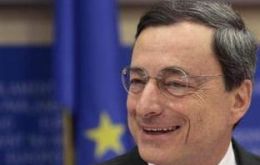
The European Central Bank cut its main interest rate by 25 basis points to 1.25% as the Euro zone's worsening debt crisis outweighed the concern over persistently high inflation.
